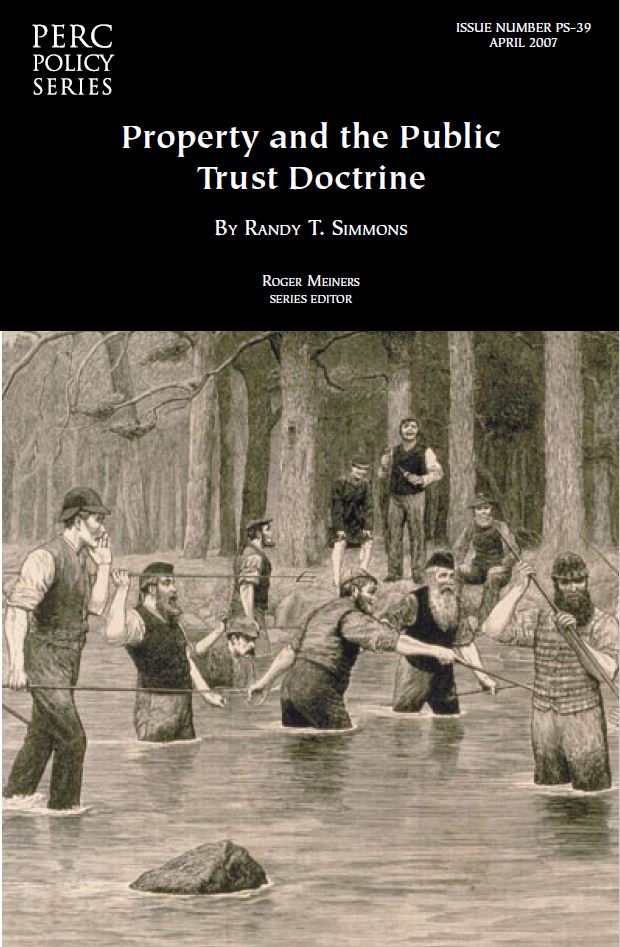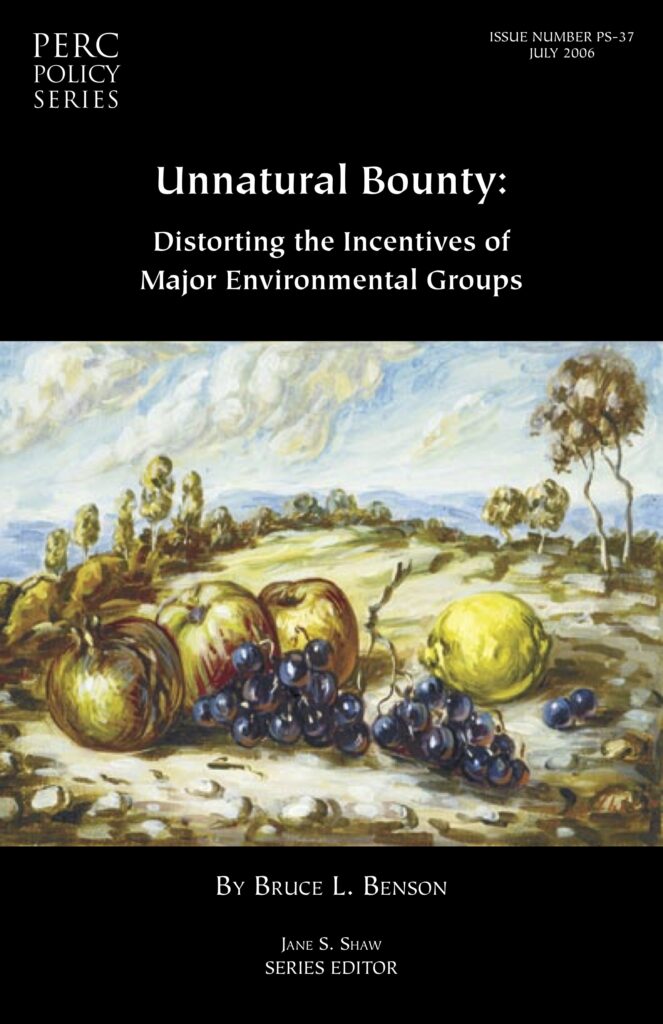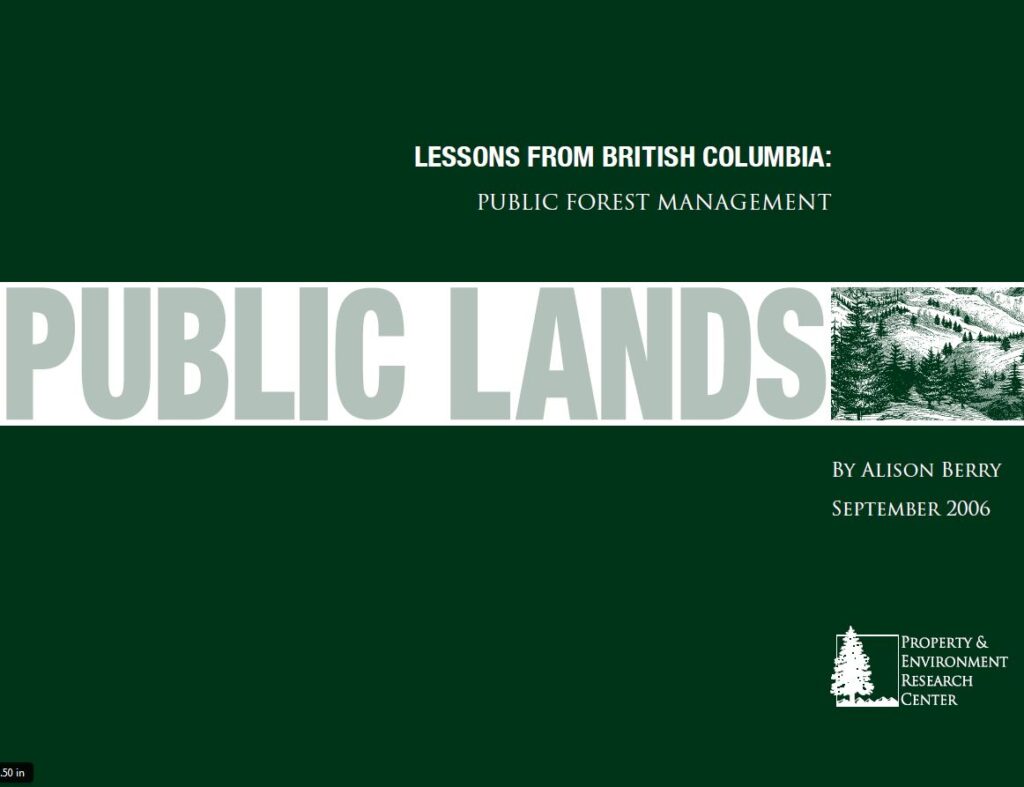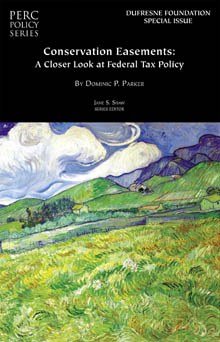Research
Reports
Do Profits Promote Pollution? The Myth of the Environmental Race to the Bottom
Environmentalists, politicians, and scholars express concern about a "race to the bottom" in environmental policy. Yet economic theory indicates that a race to the bottom in environmental policy is highly unlikely, and there is little evidence that such races have, in fact, occurred.
Trading Forest Carbon: A Panacea or Pipe Dream to Address Climate Change?
Irrespective of the uncertainties surrounding the causes of climate change, the United States is poised to join the rest of the developed world in a fight against rising carbon dioxide levels.
Property and the Public Trust Doctrine
The public trust doctrine is a little-known bit of legal history that is now touted as an ancient rule of law that allows governments to control property long presumed to be privately owned.
Malthus Reconsidered: Population, Natural Resources, and Markets
Malthus will always be associated with the idea of a social and economic trap, in which population grows faster than food production. But Malthus did not believe in a population apocalypse, as many of his followers do today.
Unnatural Bounty: Distorting the Incentives of Major Environmental Groups
Most environmental statutes allow citizens to sue companies for violating the statutes or their regulations. Most such citizen suits are not filed by individuals, however, but by environmental organizations.
Lessons from British Columbia: Public Forest Management
Although the forests of British Columbia, Canada, are 96 percent government-owned, the management of the forests is far more market-driven than in the U.S. Forest Service.
Cows, Canoes, and Condos: Blending the Old West with the New
The American West’s relationship to natural resources has moved from extraction toward protection. But this shift has led to acrimony and gridlock.
Montana: On the Verge of Collapse?
In his latest book, Collapse: How Societies Succeed or Fail, Pulitzer Prize-winning author Jared Diamond attempts to explain how a number of small, isolated societies, from Easter Island to Greenland, destroyed their environments and disappeared
Conservation Easements: A Closer Look at Federal Tax Policy
Land trusts and one of their important tools, conservation easements, are major forces in today's environmental movement. Conservation easements are partial interests in land that prohibit intense development.








